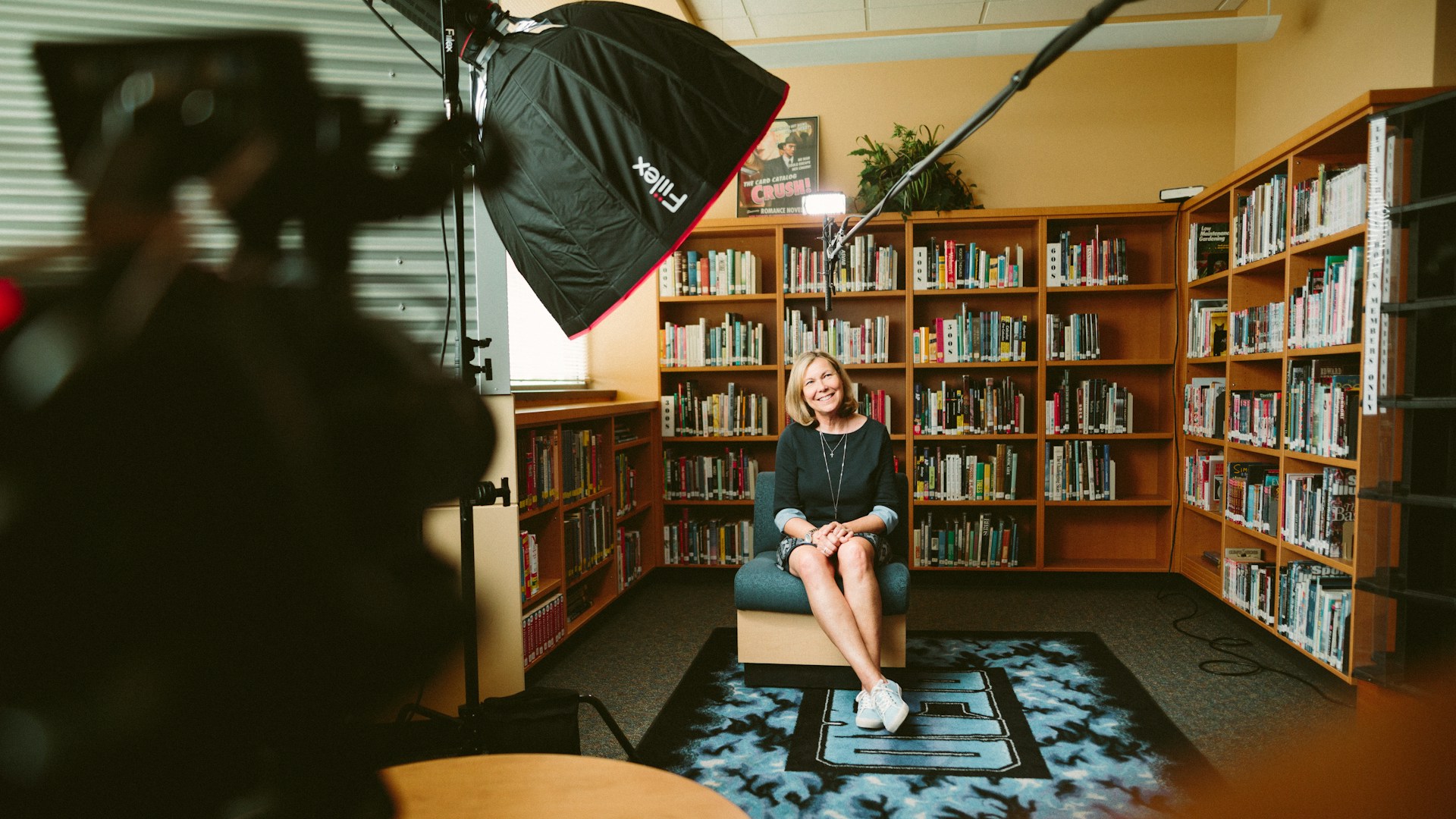Writing a podcast script is like crafting a roadmap for your listeners’ journey. Every great podcast episode begins with a well-thought-out script that guides both the host and the audience through a seamless story. The art of scripting lies in striking the right balance between structure and creativity, making sure your content captivates from start to finish.
Understanding Your Audience and Purpose
Understanding who your listeners are is the cornerstone of crafting an impactful podcast script. Identifying your target audience begins by considering their demographics and interests. Are they young professionals seeking career advice or creatives hungry for new ideas? Knowing this helps steer your podcast content towards topics that captivate them.
Once you know who your audience is, setting clear goals for each episode becomes essential. Ask yourself what you want your listeners to gain from the episode. Do you aim to inform, entertain, or inspire action? Having a clear objective ensures your script remains focused and deliberate, which keeps your audience engaged throughout.
Aligning your content with audience interests is where the real magic happens. Conduct surveys, explore online forums, and engage with your listeners to gauge what they’re curious about. This interaction provides insights into the topics they find appealing, allowing your script to resonate with their lives and challenges. When you tailor your content to meet their needs, your podcast becomes more than just background noise. It becomes a vital part of their routine, eagerly anticipated with each new release.
Crafting an Engaging Narrative Structure
Creating an engaging narrative structure is key to holding your listeners’ attention from start to finish. It starts with a compelling intro and outro. Your introduction should hook the audience immediately, providing a sneak peek of what’s to come. An intriguing question or a surprising fact can work wonders as an opener. Your outro, on the other hand, is the perfect time to summarise key points and tease upcoming episodes.
Using storytelling techniques is a powerful way to keep listener interest alive. Good stories feature relatable characters, conflict, and resolution. They can be personal anecdotes, listener stories, or expert testimonies that support the episode’s theme. Telling stories within your podcast helps convey messages in a relatable and memorable way.
Balancing information with entertainment ensures your podcast remains both informative and enjoyable. A podcast that’s too technical might lose casual listeners, while one that’s all fun may not deliver its core message. Strive for a mix of both by blending facts with humour, interviews with banter, and insights with intriguing stories.
Writing with Clarity and Precision
Clarity is key when scripting your podcast to ensure your message is both heard and understood. A conversational tone makes your content relatable and easier to follow. Speak as if you’re talking directly to a friend. This approach puts your audience at ease, encouraging them to keep listening.
When writing, keep language simple and straightforward. Avoid jargon and overly complex words that may alienate listeners. If technical terms are necessary, make sure to explain them clearly. This way, everyone stays on the same page, regardless of their background knowledge.
Techniques for clear and direct messaging include short sentences and active voice. Short sentences help maintain listeners’ attention, making complex ideas more digestible. Active voice brings more energy to your delivery, making your statements stronger and more memorable. These techniques enhance the script’s readability, aiding hosts in delivering content smoothly and effectively.
Polishing the Final Script
A polished script is essential to a seamless podcast episode. Start with reviewing and editing for flow and coherence. Read the script aloud to spot awkward phrasing or confusing transitions. This practice mirrors the recording session, highlighting areas that might need tweaks.
Incorporating feedback is a valuable step for improvement. Share your script with trusted colleagues or friends to get different perspectives. They might catch inconsistencies you missed or suggest engaging elements you hadn’t considered. Use their input to refine your content and ensure it resonates well.
Rehearsing and timing your script effectively is the last stretch before recording. Practice delivering the script within the desired time frame. This rehearsal helps you adjust pacing, ensuring you cover all points without rushing or dragging. It also builds confidence, allowing you to deliver your podcast naturally and engagingly.
Conclusion:
Crafting a podcast script might seem like a daunting task, but each step is a building block toward creating compelling content. From understanding your audience to polishing your final script, every part plays a crucial role in ensuring your podcast stands out. A well-written script not only conveys your message clearly but also keeps your listeners engaged and eager for more.
Ready to turn your podcast ideas into reality? Partner with On Air to elevate your podcasting experience. Our expertise in podcast recording and editing will help you create standout episodes that captivate your audience. Reach out to us today to start your journey to podcasting success!






